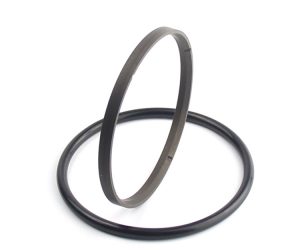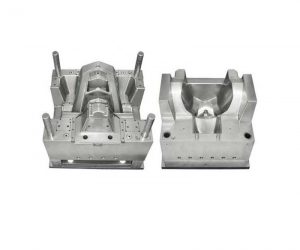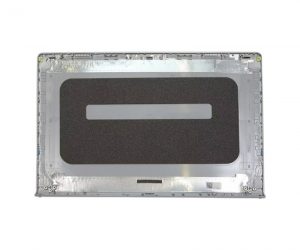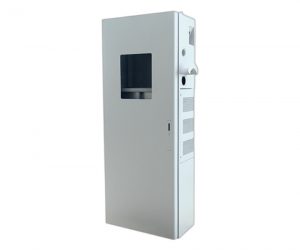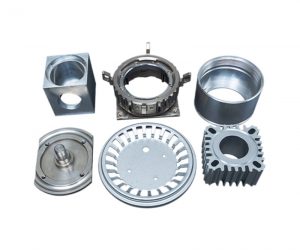The general assembly drawing shall be drawn at a scale of 1:1 as far as possible, starting from the cavity, and the front view shall be drawn at the same time as other views.
The general assembly drawing of the mould shall include the following contents:
1) Mold forming part structure
2) Structure of the gating system and exhaust system.
3) Parting surface and parting method.
4) Outline structure and position of all connecting parts, positioning and guiding parts.
5) Mark the cavity height dimension (not mandatory, as required) and the overall dimension of the mold.
6) Auxiliary tools (removal and demoulding tools, correction tools, etc.).
7) The serial numbers of all parts shall be numbered in order, and the detailed list shall be filled in.
8) Mark the technical requirements and instructions.
Mold general assembly drawings are essential documents in the manufacturing process. They provide detailed information about the different components of the mold, their assembly, and their relationships to each other. A good mold general assembly drawing must be accurate, clear, and comprehensive. In this article, we will discuss the eight essential items that should be included in a mold general assembly drawing.
- Part Identification
The mold general assembly drawing should include a clear identification of each component in the mold. This identification should be unique and correspond to the parts list. The identification can be alphanumeric or a combination of alphanumeric and symbolic.
- Bill of Materials
The bill of materials is a list of all the materials required to build the mold. It should be included in the mold general assembly drawing, along with the corresponding part identification.
- Dimensions and Tolerances
The dimensions and tolerances of each component should be clearly stated in the mold general assembly drawing. The dimensions should be accurate, and the tolerances should be within the acceptable range. This information is critical to ensure that the mold components fit together correctly and produce the desired product.
- Assembly Sequence
The assembly sequence should be included in the mold general assembly drawing. This sequence provides a step-by-step guide to assembling the different components of the mold. It should also include any specific instructions or requirements for each component.
- Fastening Requirements
The mold general assembly drawing should provide information on the type of fasteners required for each component. This information includes the size, type, and number of fasteners needed. It is critical to ensure that the mold components are securely fastened to prevent any movement or misalignment during operation.
- Finish and Coating Requirements
The finish and coating requirements of each component should be included in the mold general assembly drawing. This information is critical for ensuring that the mold components have the required surface finish for the desired product. It also ensures that the mold components are protected from corrosion and wear.
- Inspection and Testing Requirements
The mold general assembly drawing should include the inspection and testing requirements for each component. This information ensures that each component is inspected and tested to meet the required quality standards before assembly.
- Lubrication Requirements
The lubrication requirements for each component should be included in the mold general assembly drawing. This information ensures that the mold components are lubricated correctly to prevent wear and tear during operation. It also ensures that the mold components operate smoothly and efficiently.
Conclusion
Mold general assembly drawings are essential documents in the manufacturing process. They provide detailed information about the different components of the mold, their assembly, and their relationships to each other. A good mold general assembly drawing should be accurate, clear, and comprehensive. The eight essential items that should be included in a mold general assembly drawing are part identification, bill of materials, dimensions and tolerances, assembly sequence, fastening requirements, finish and coating requirements, inspection and testing requirements, and lubrication requirements. By including these items in the mold general assembly drawing, manufacturers can ensure that the mold components are assembled correctly and produce the desired product.

